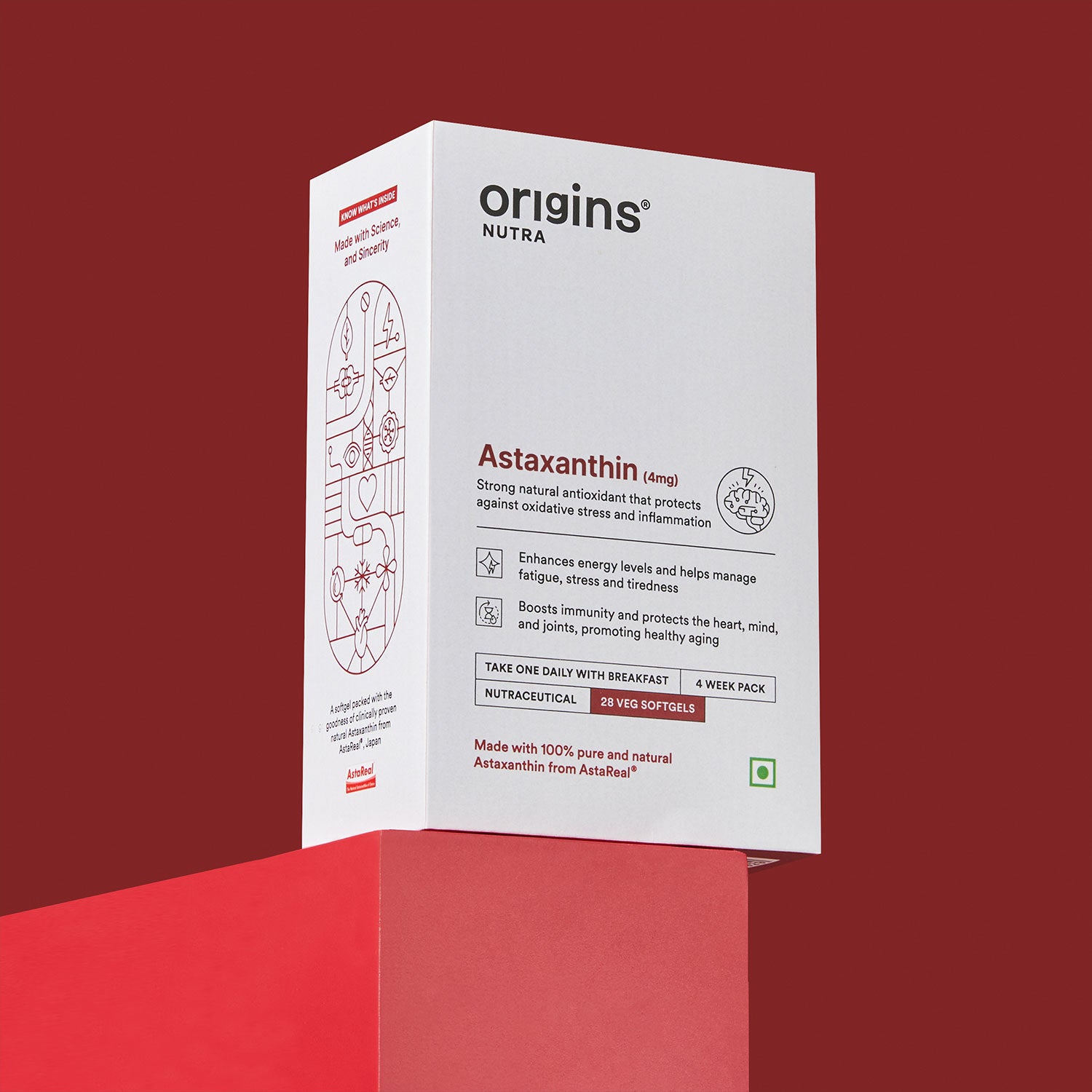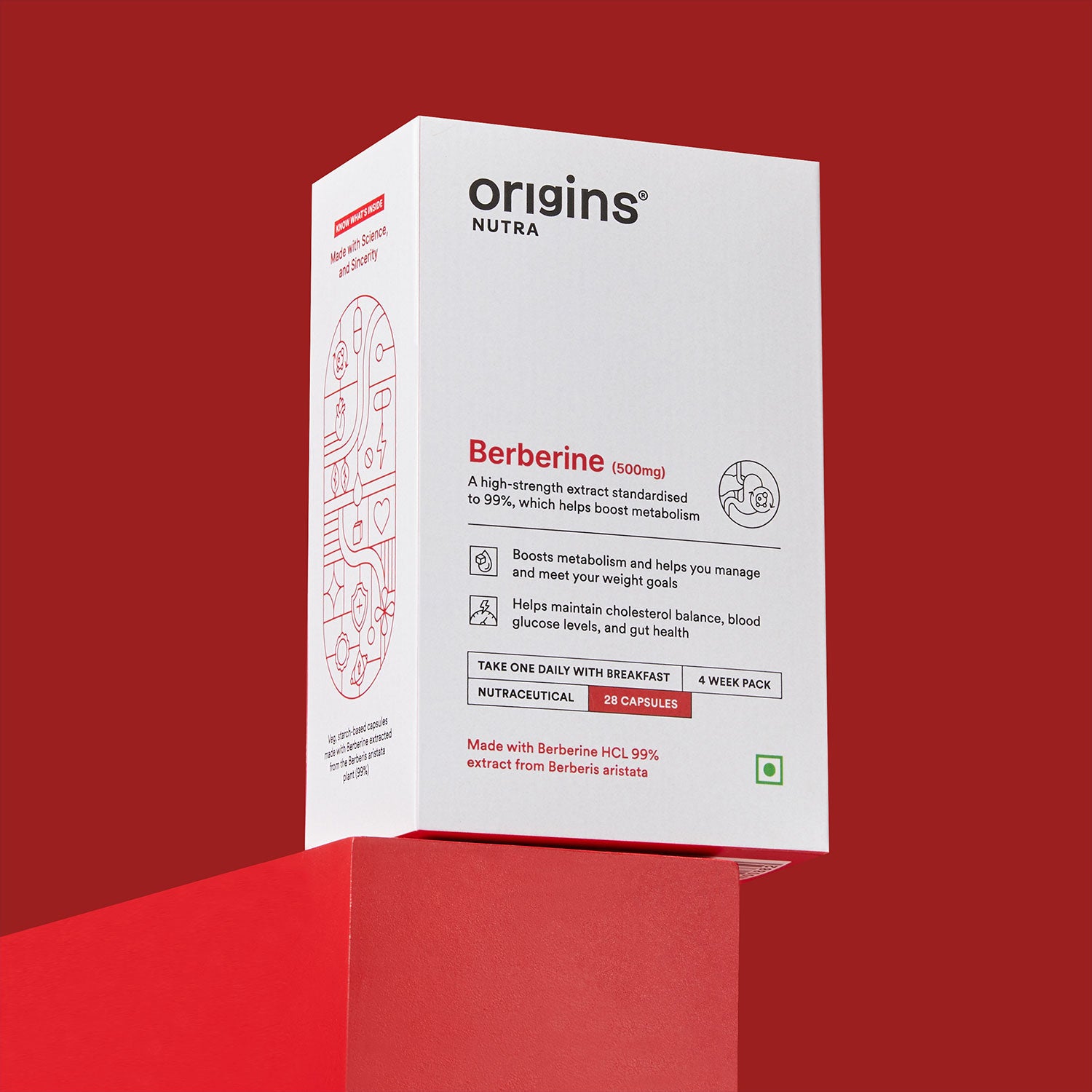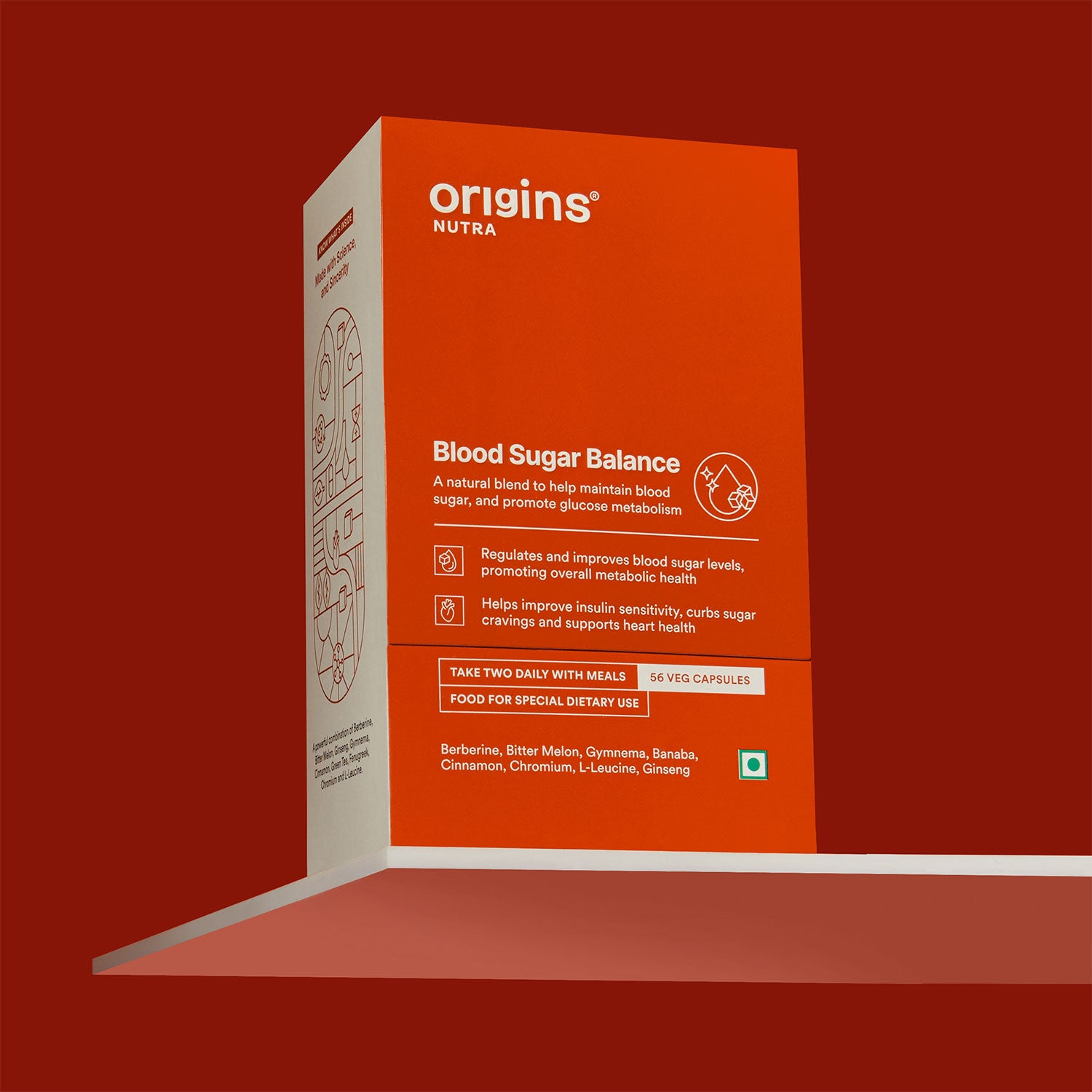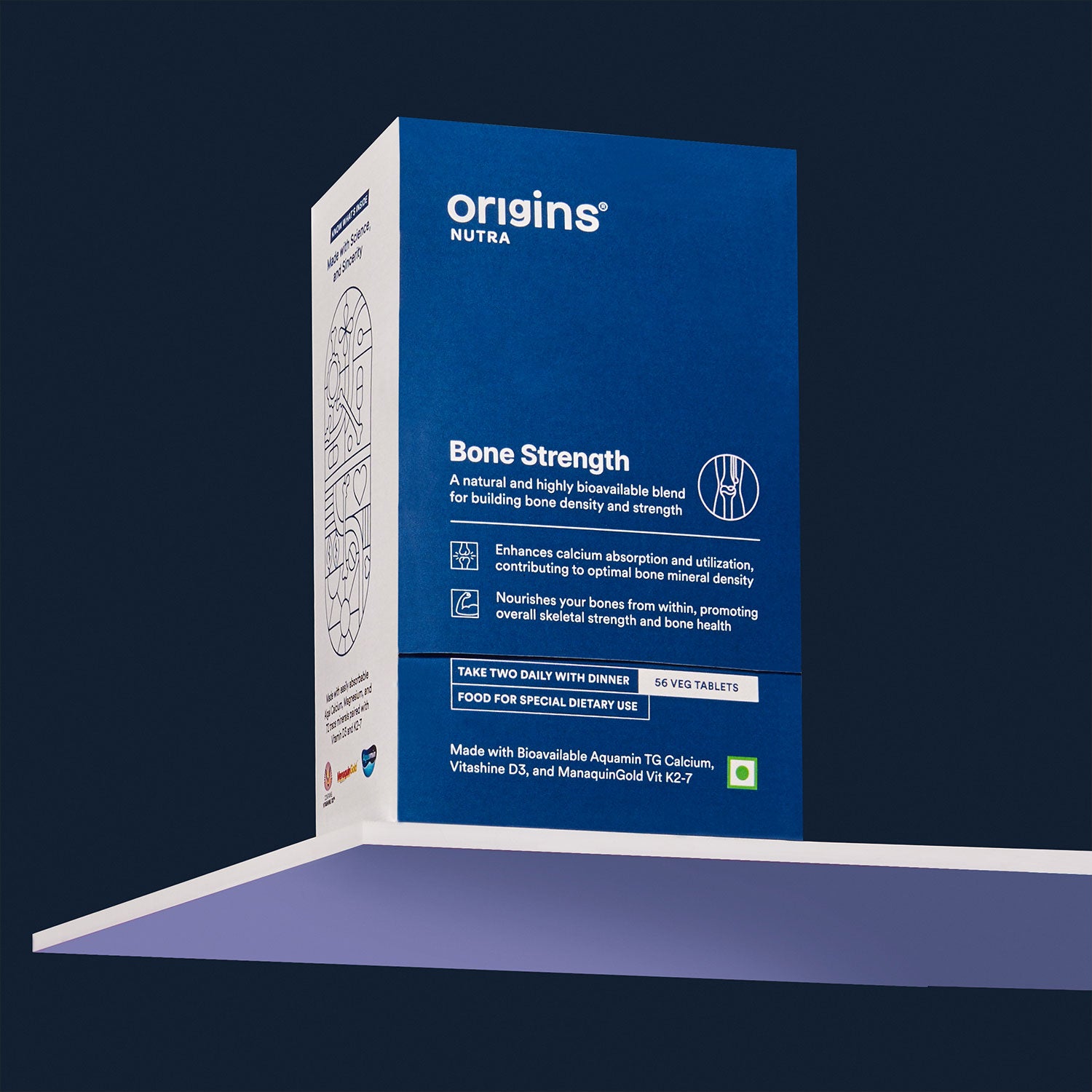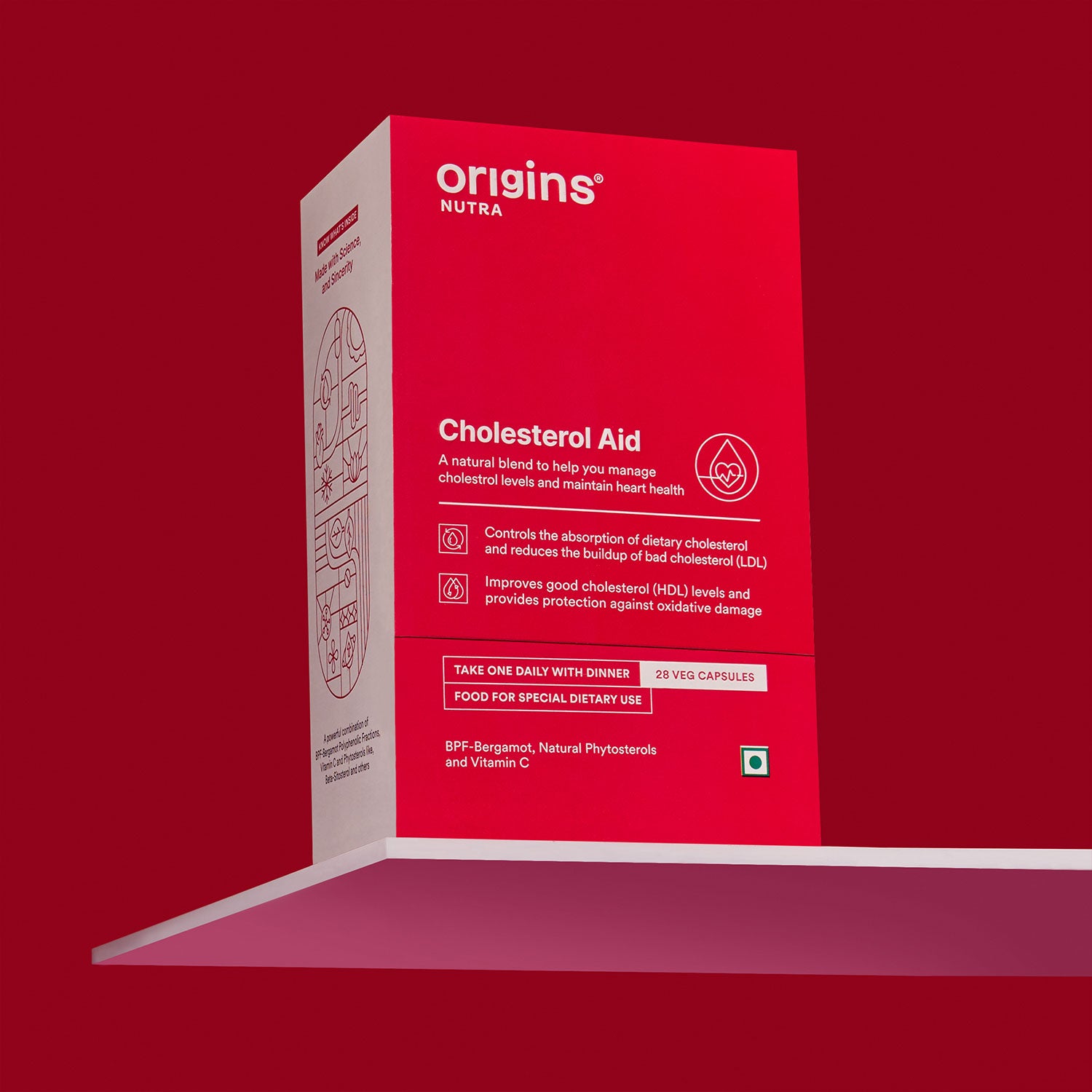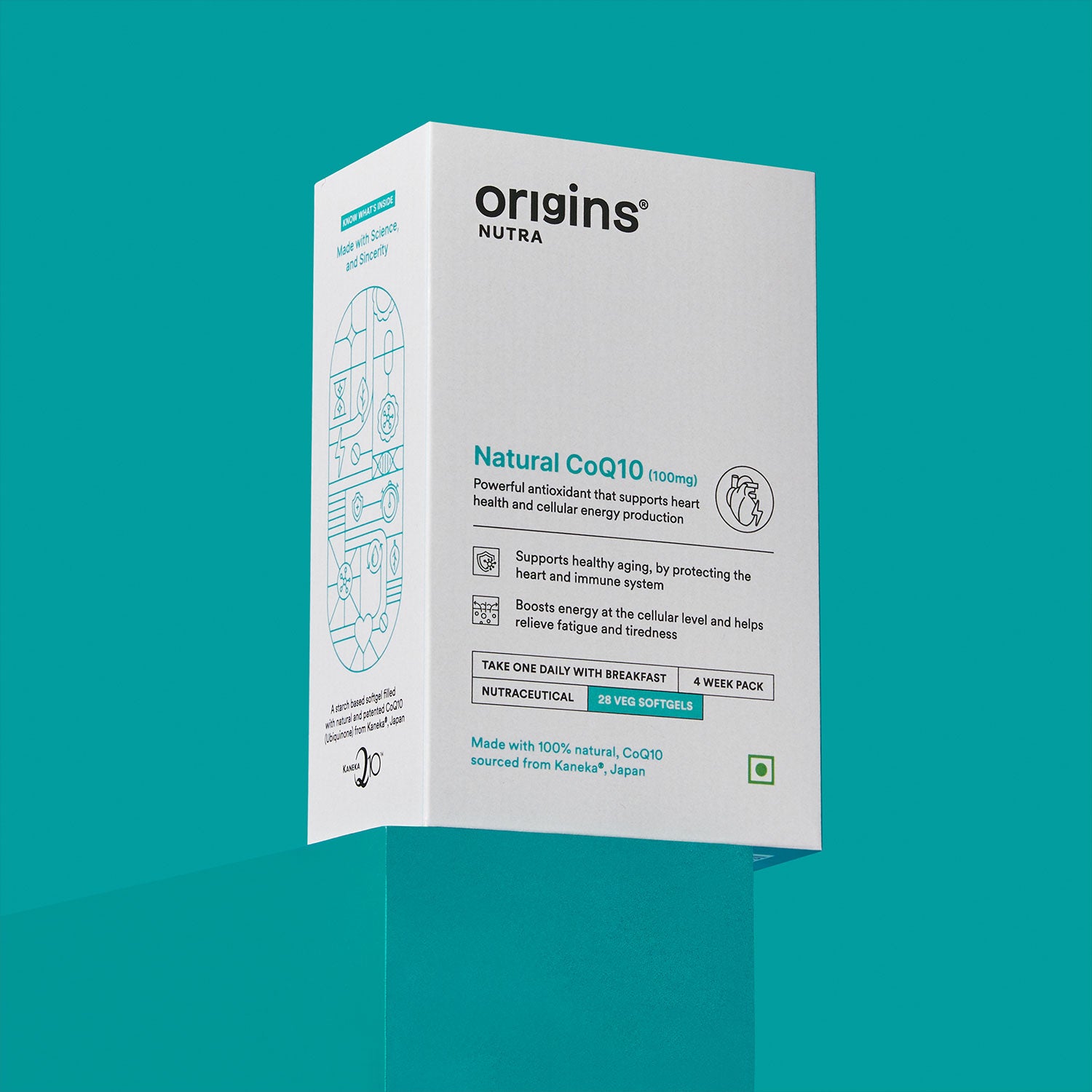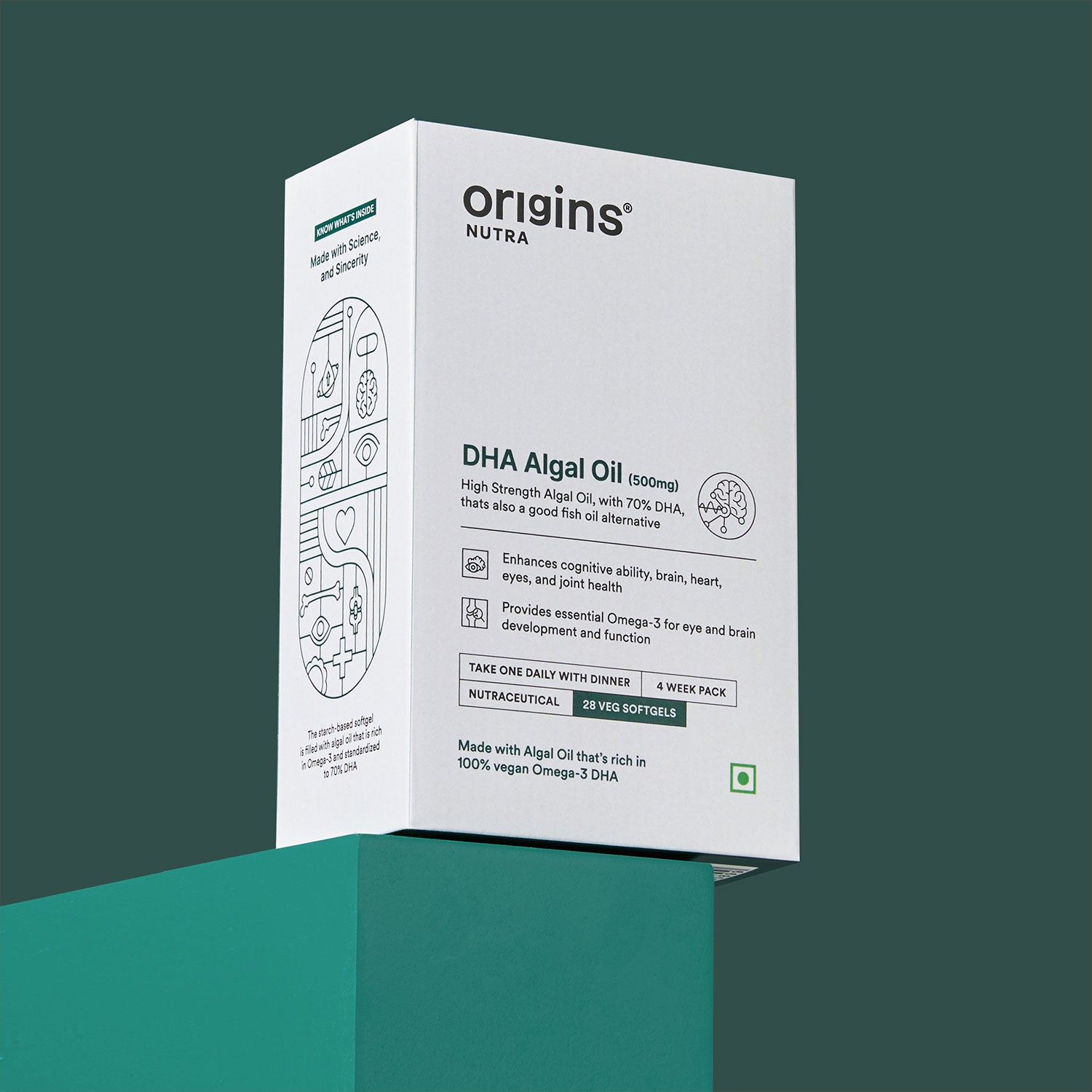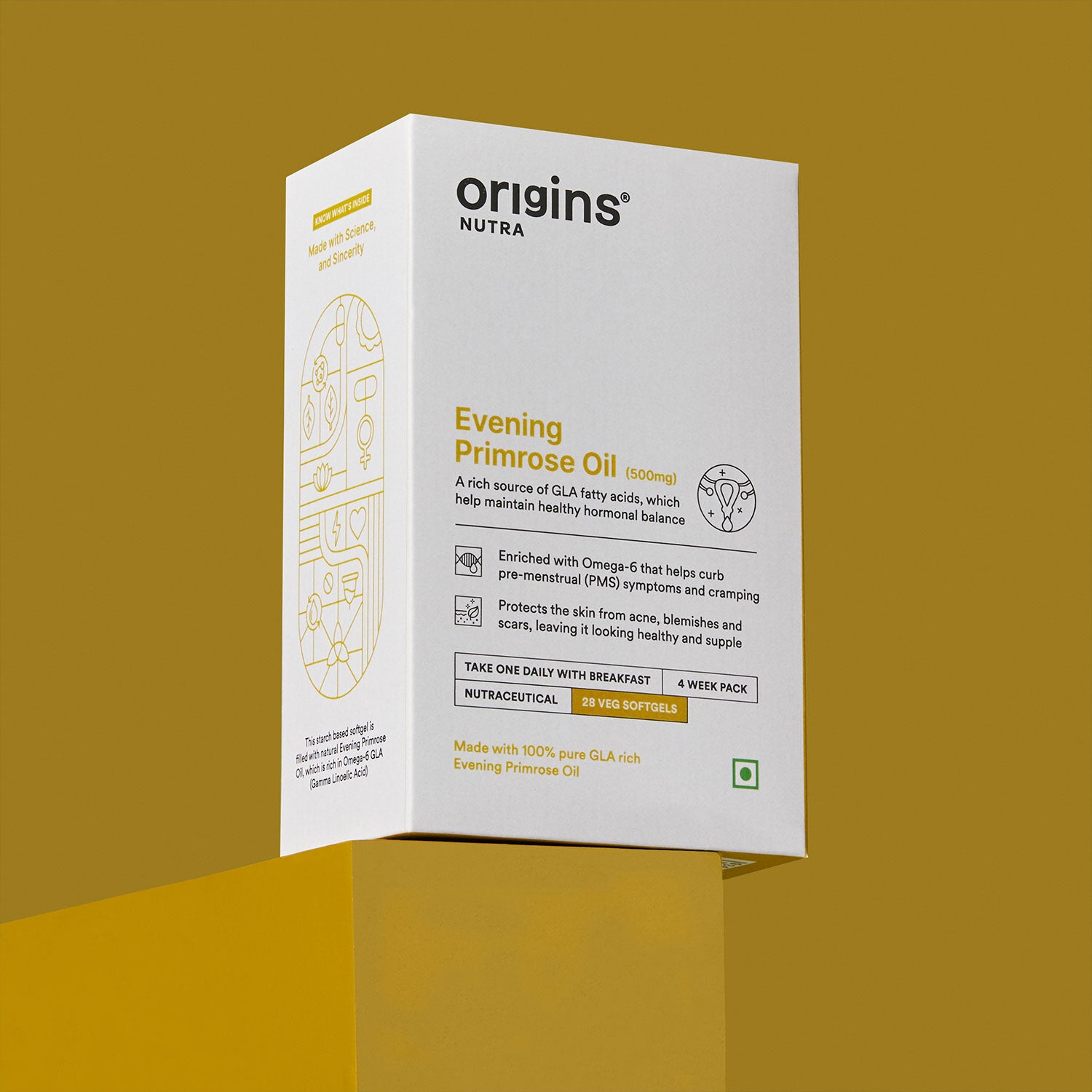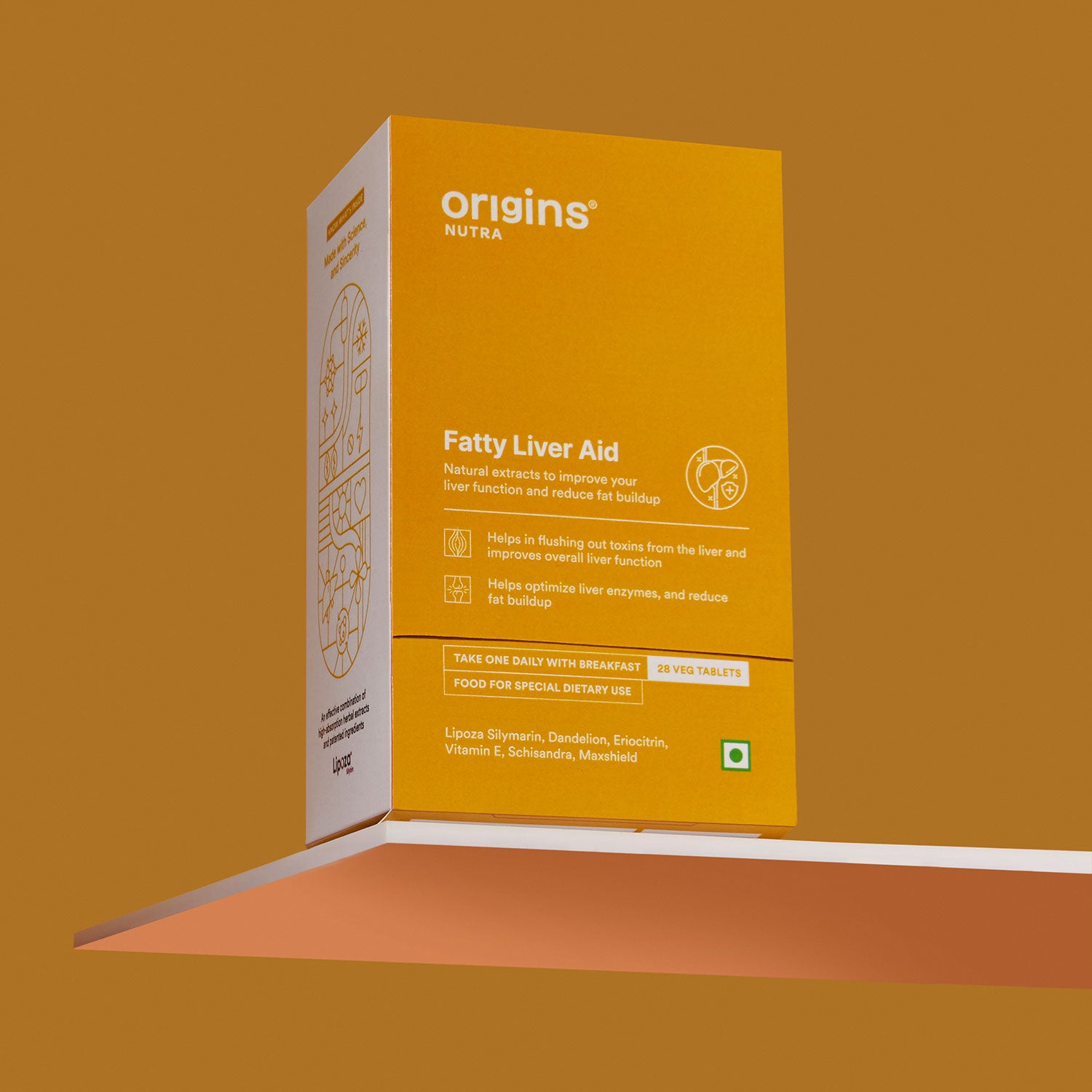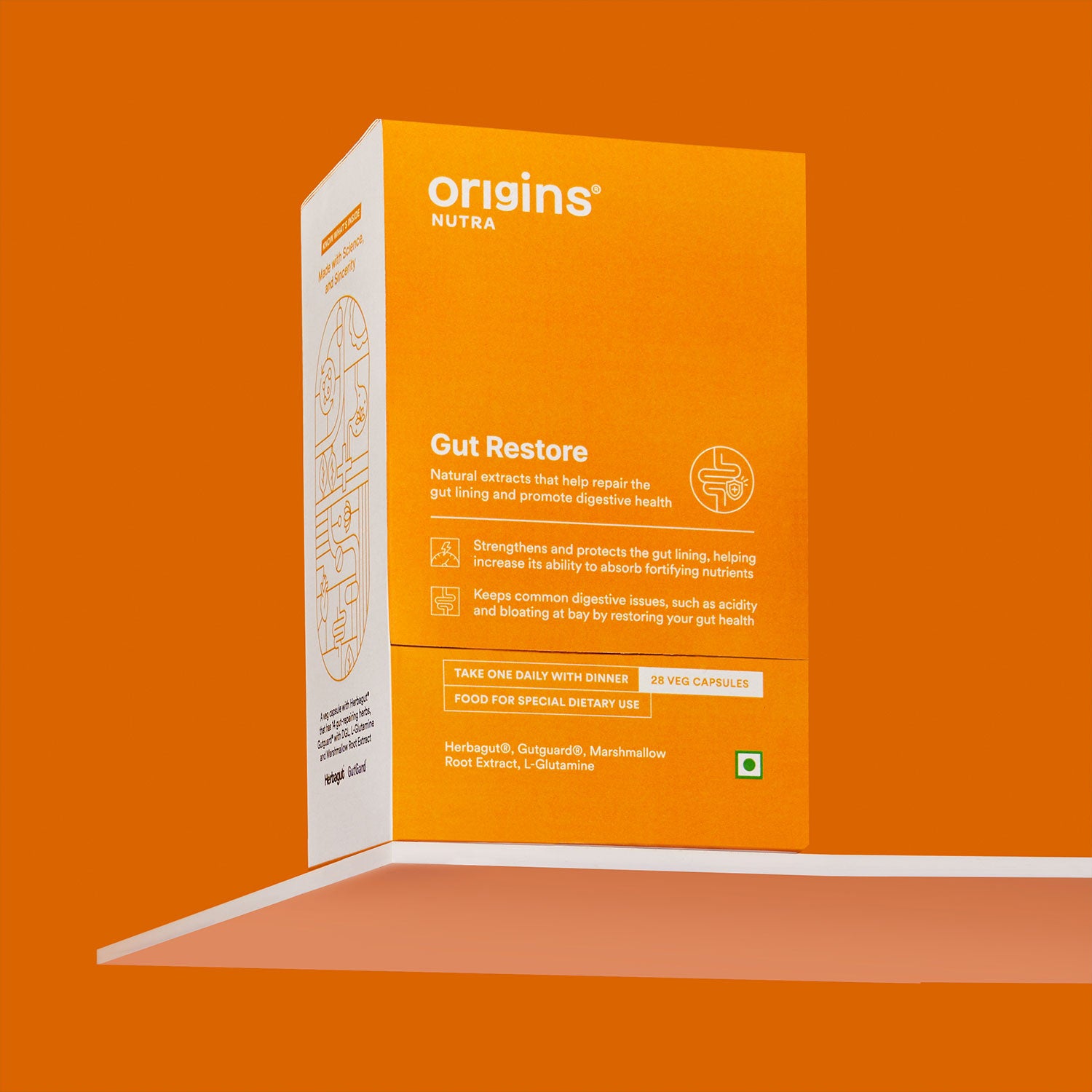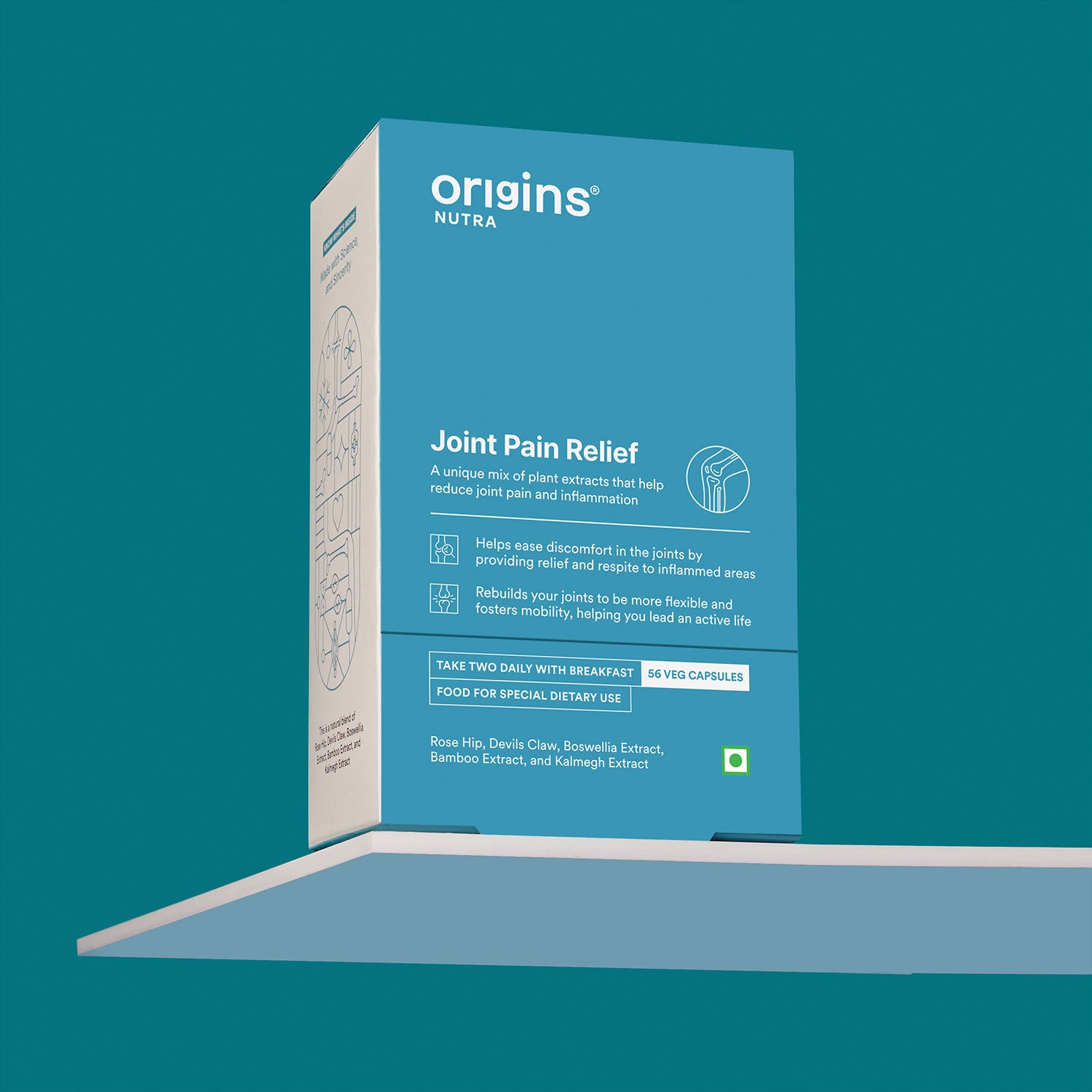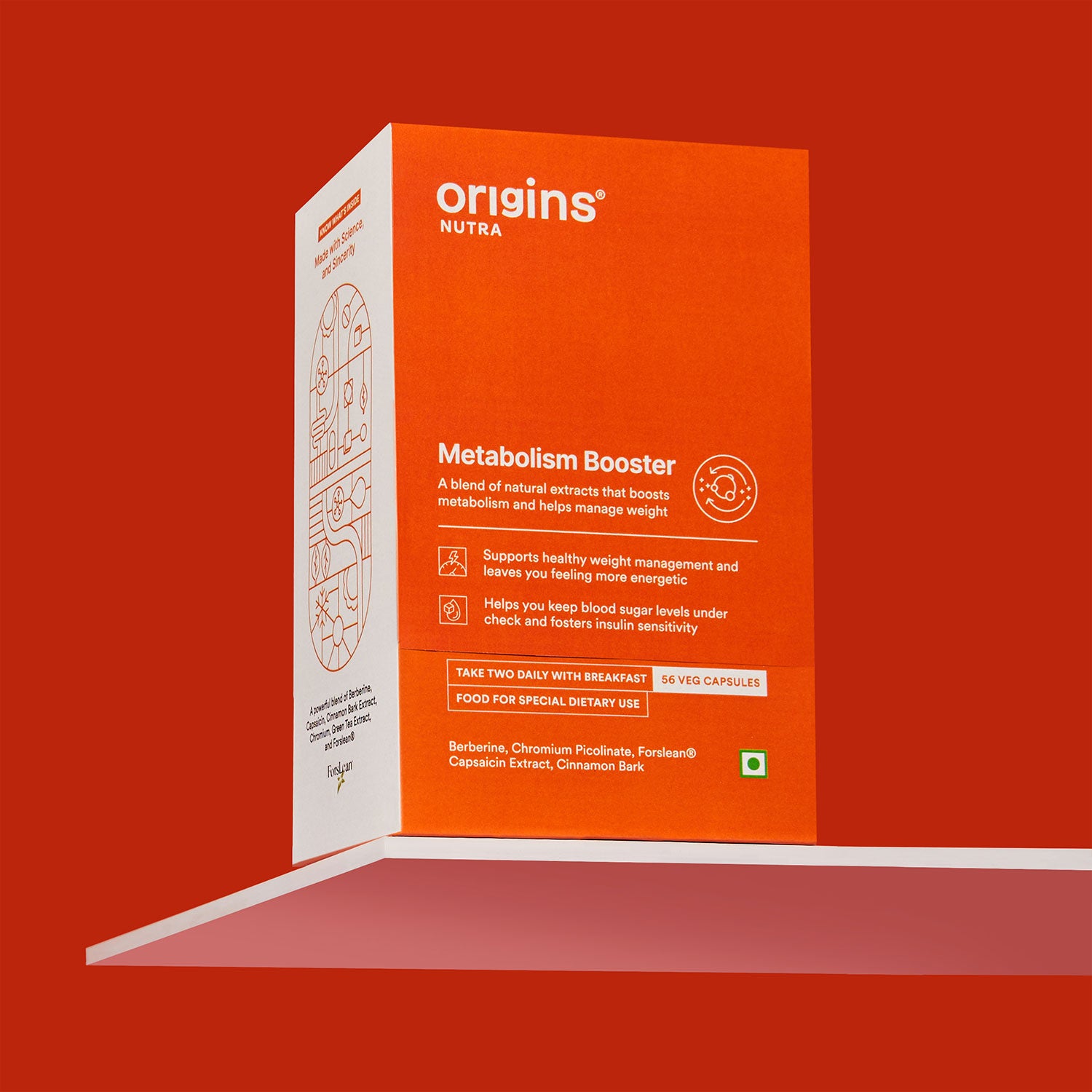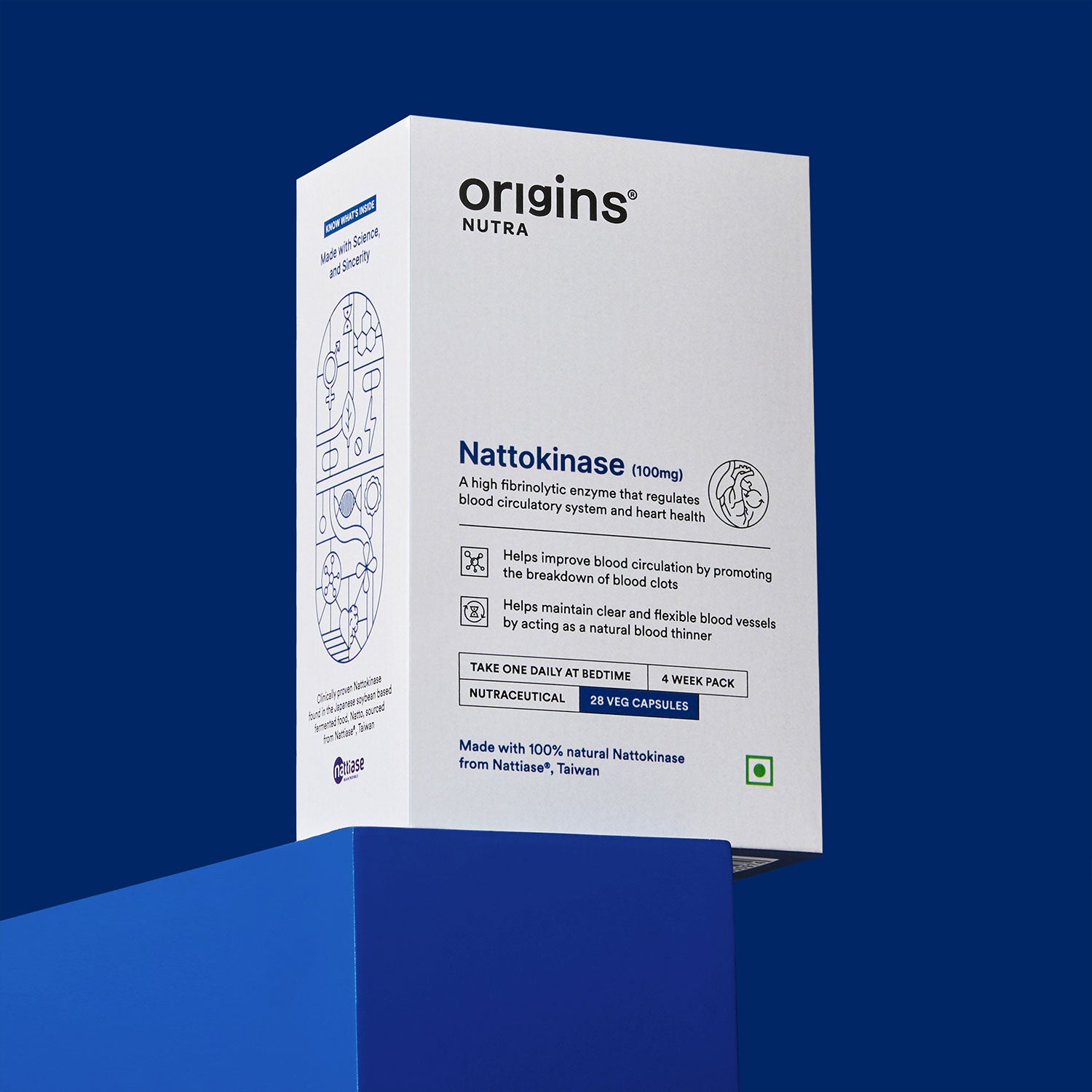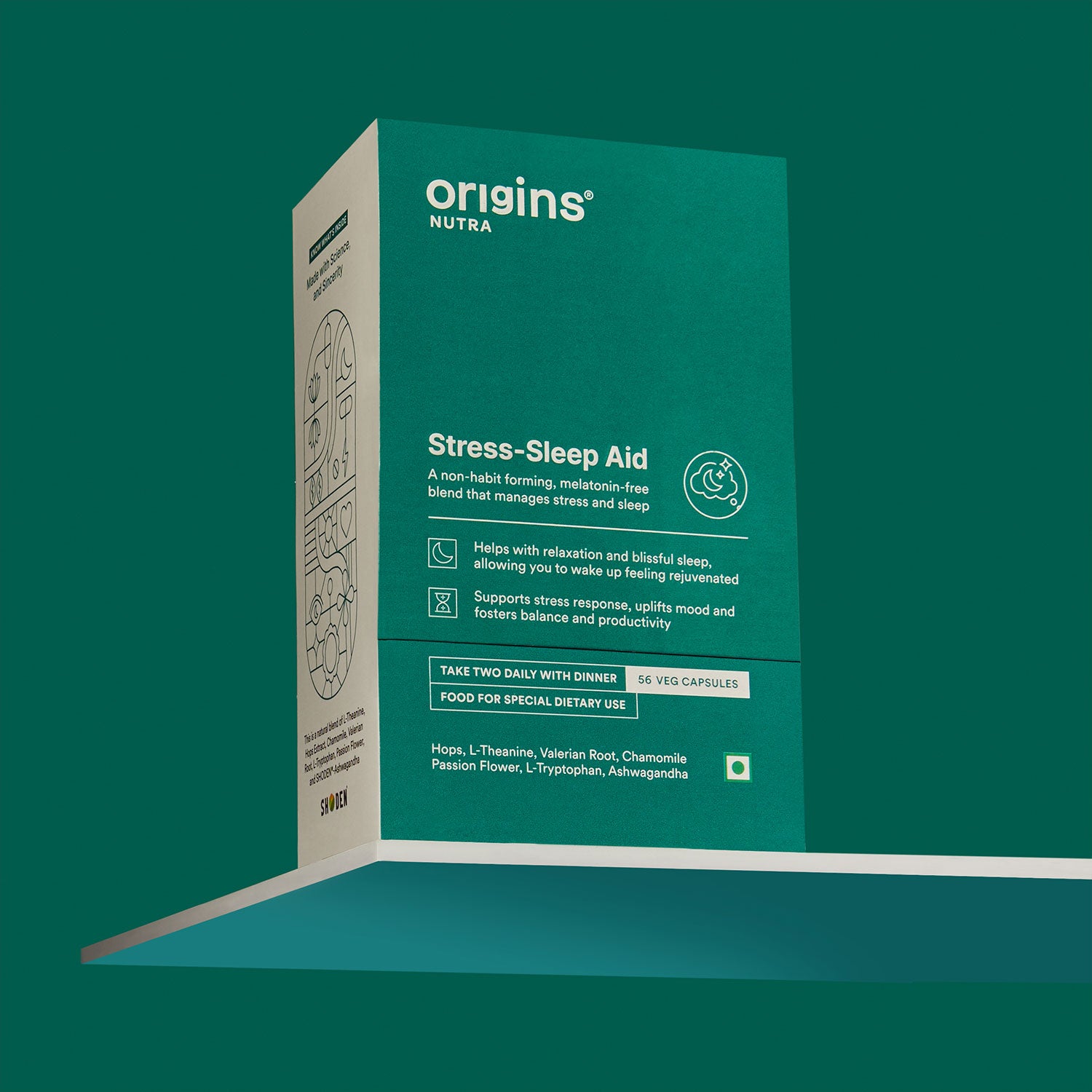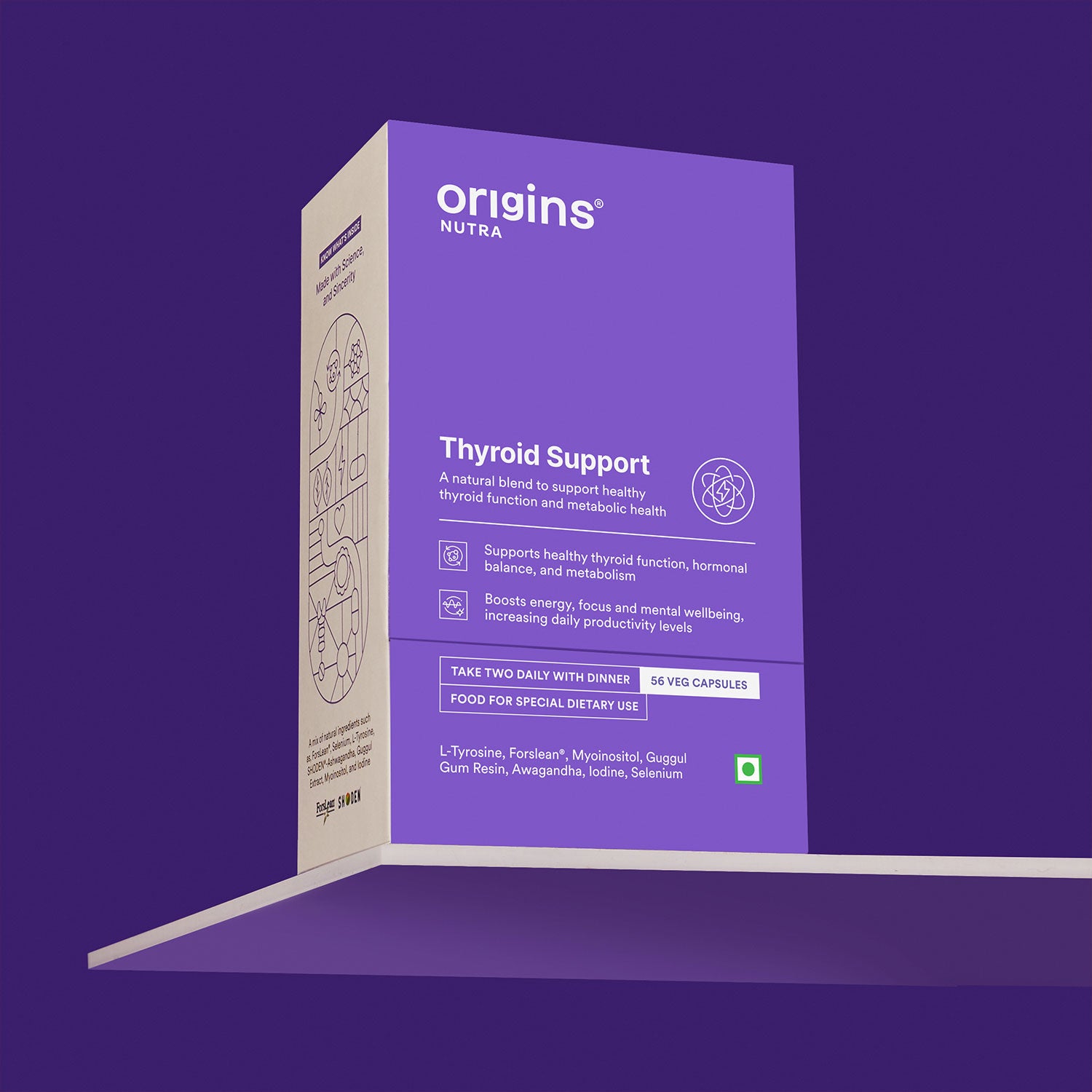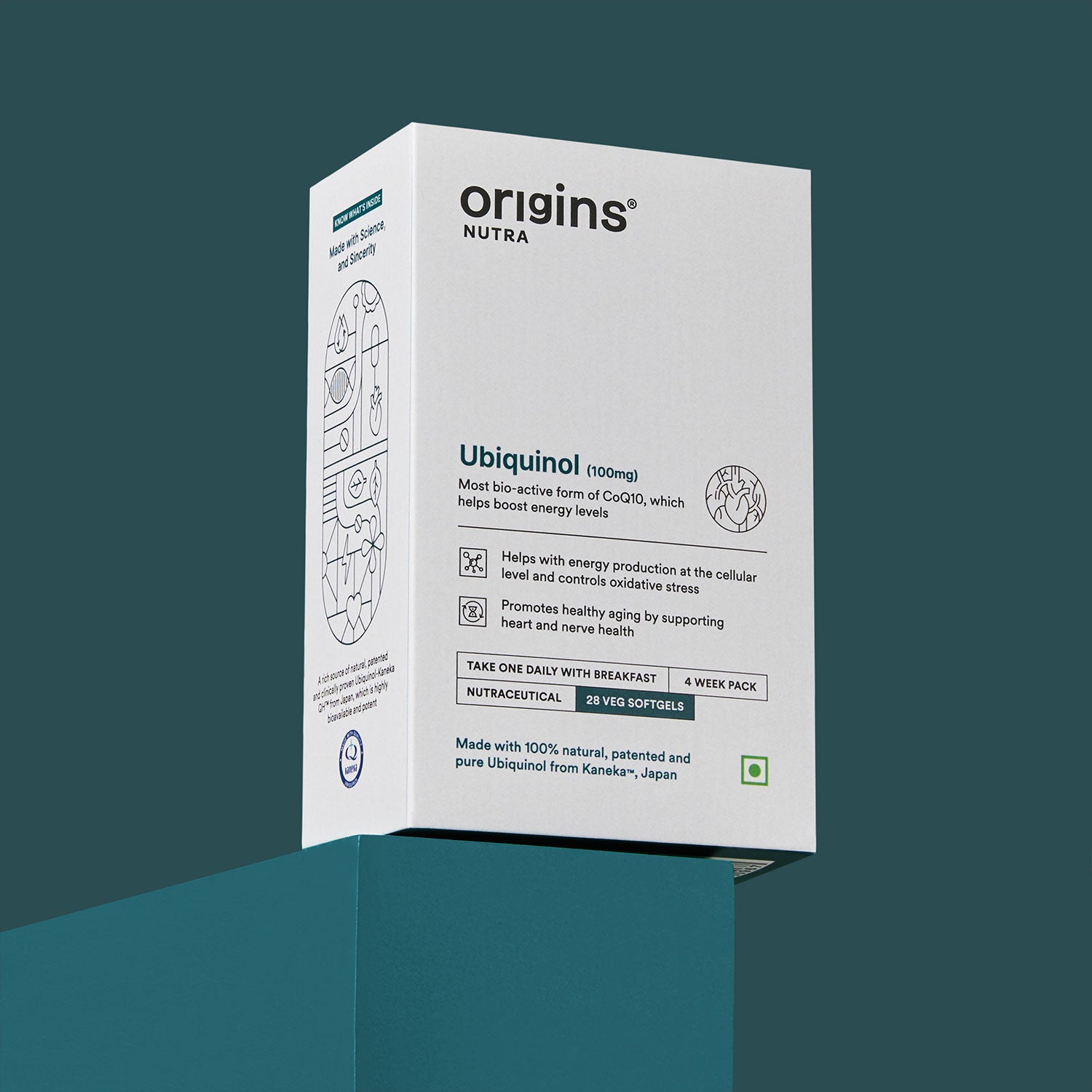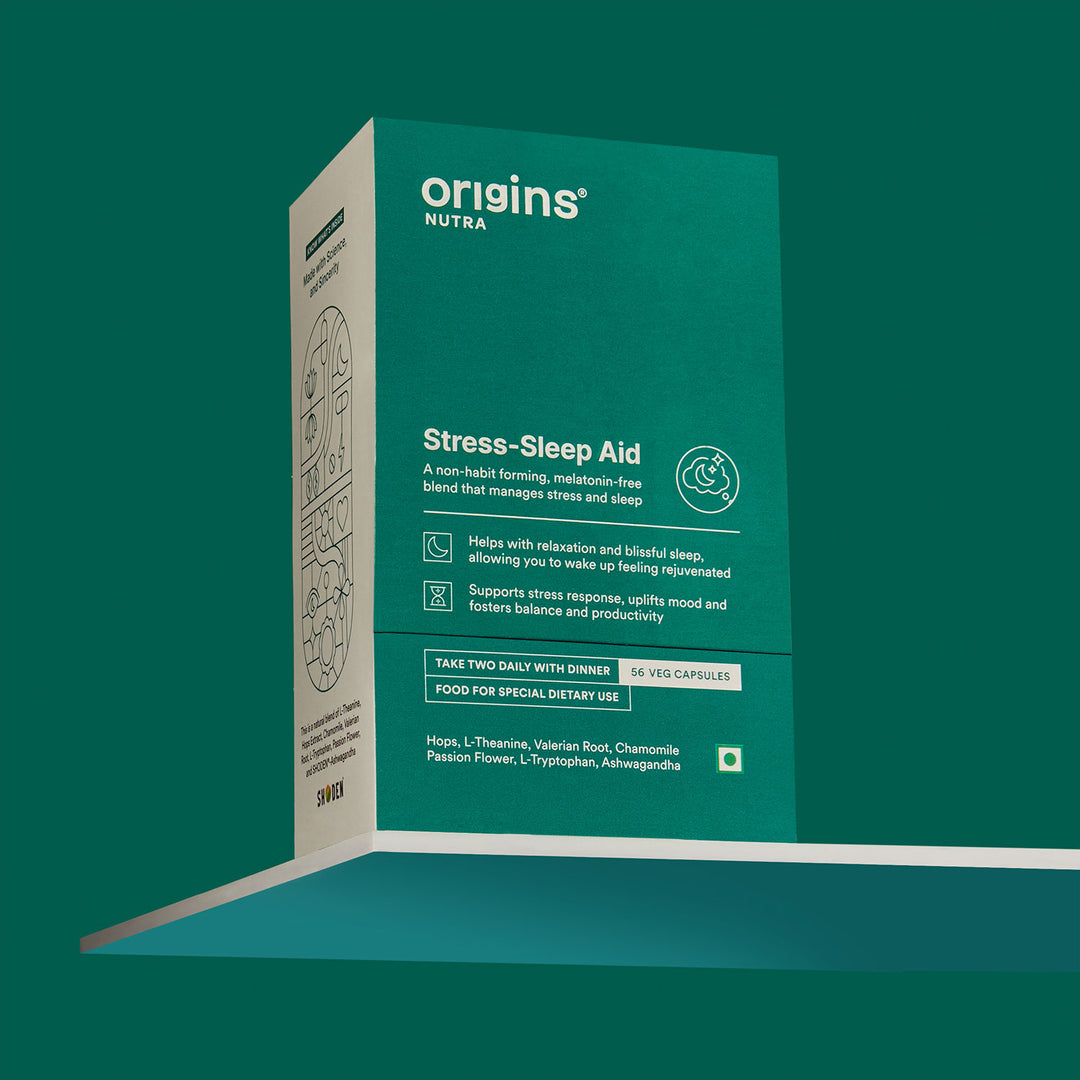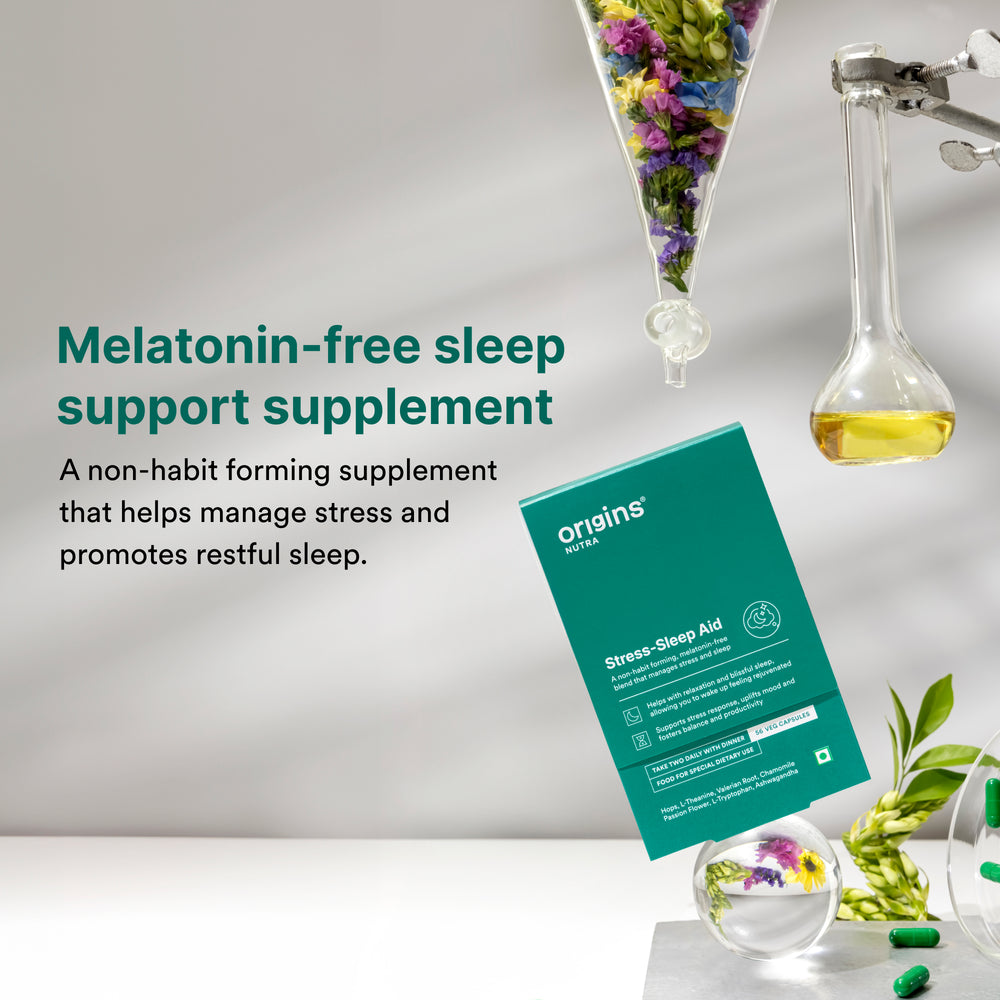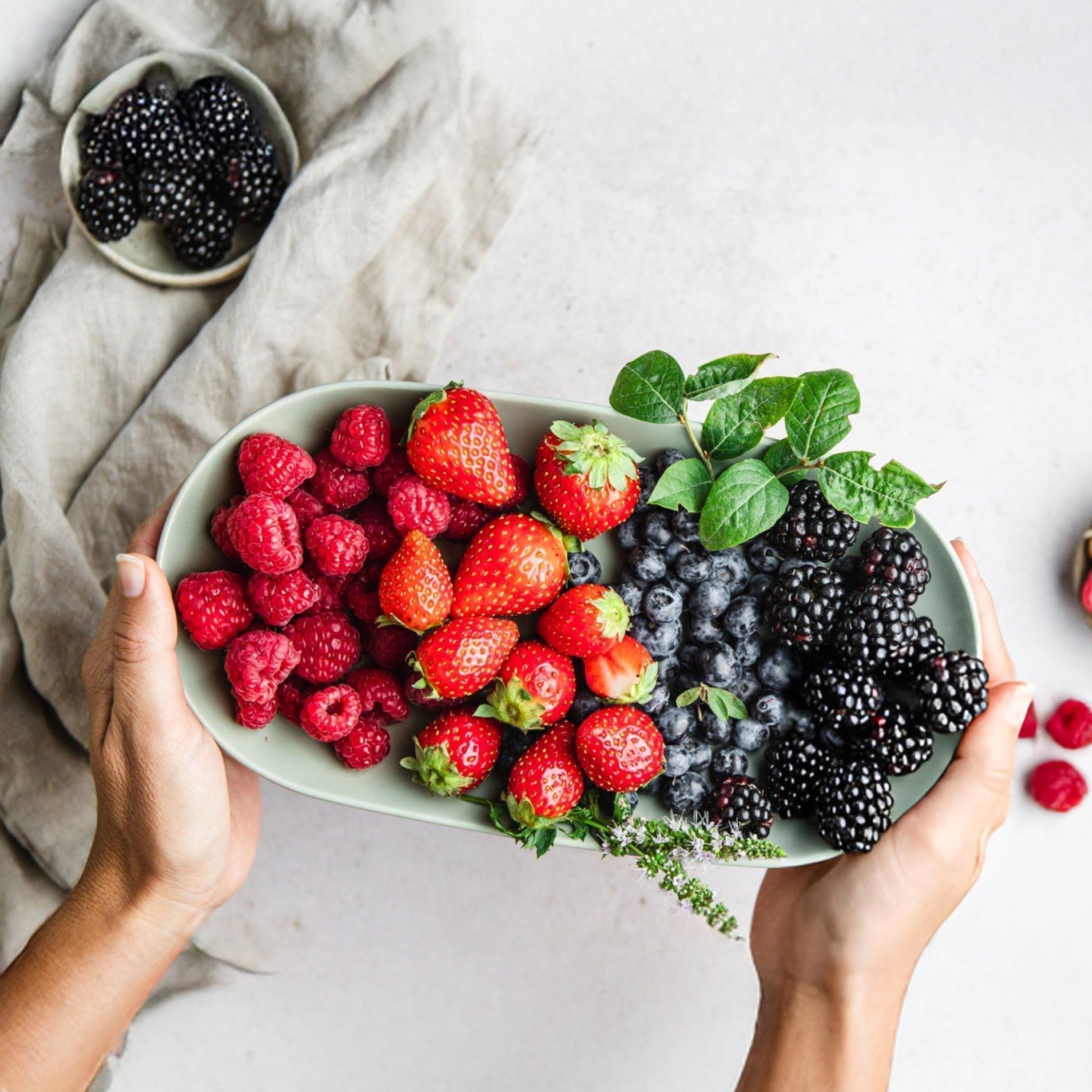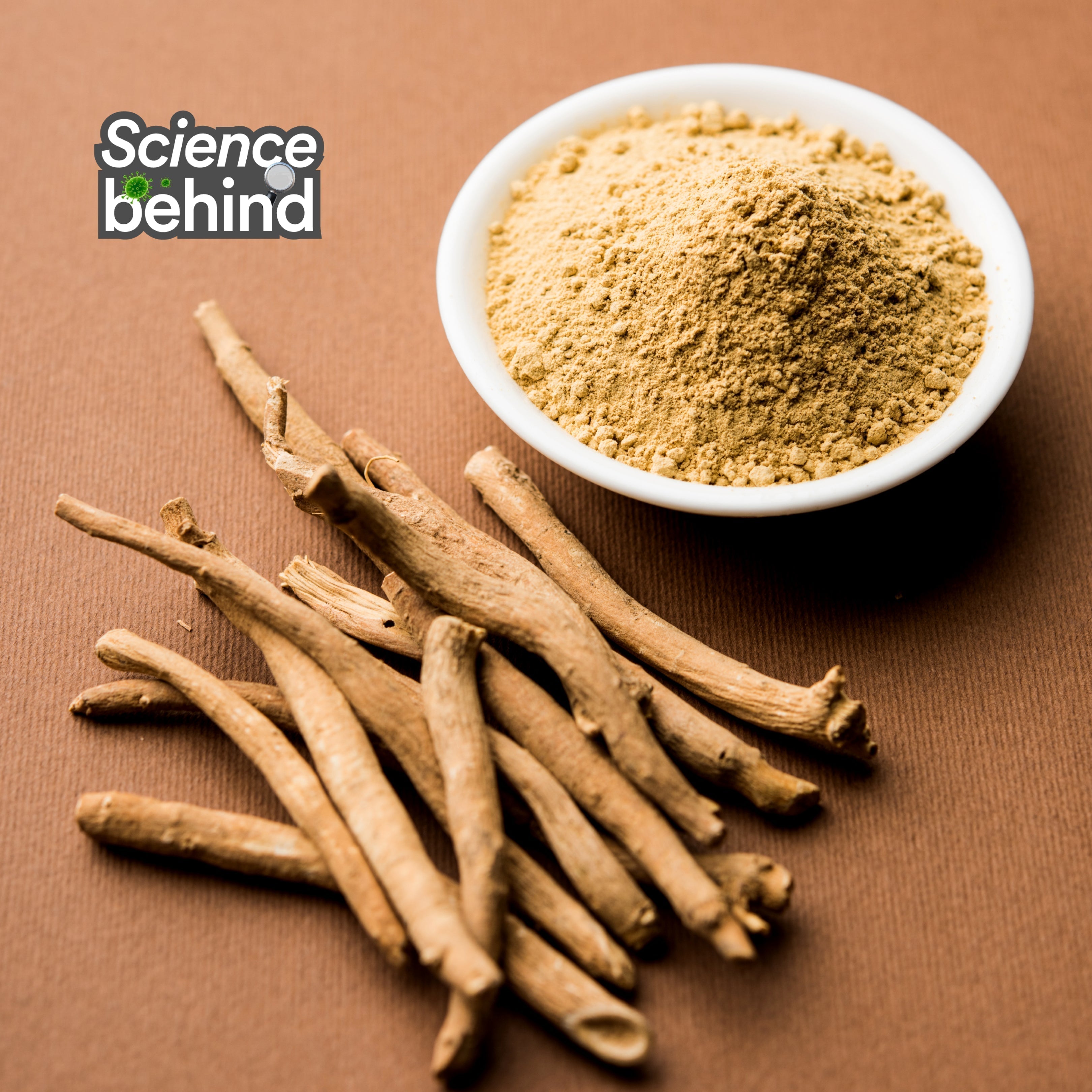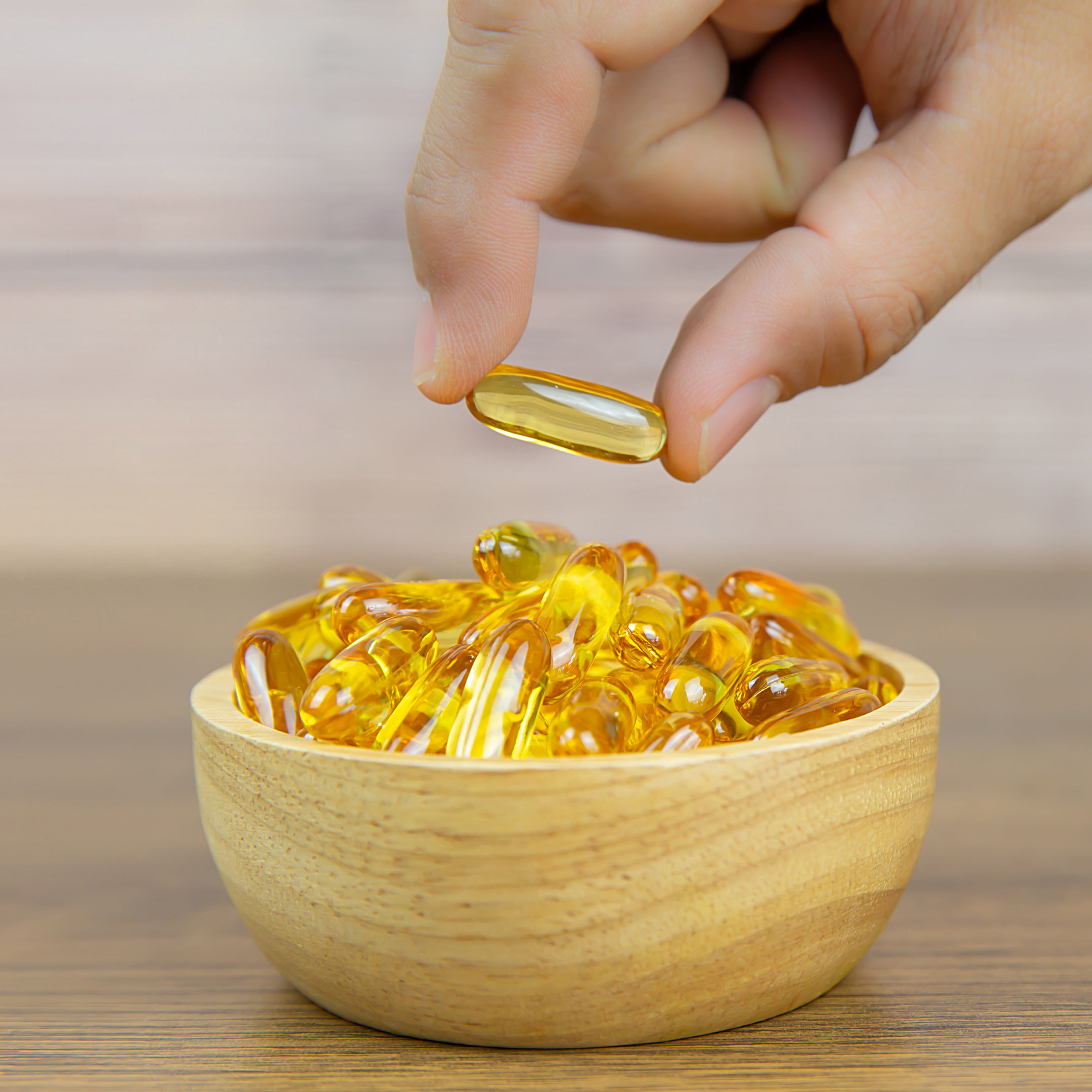Foods That Help Manage Stress Naturally
Have you ever craved a piece of chocolate, a bag of chips, or a samosa after a long, stressful day at work? If so, you're not alone. Research shows that stress triggers responses in your body that affect how you think, feel, and even what you eat.

This means the candy bar or snack you're reaching for after a tough day might be due to a mix of physical and emotional reasons, not just hunger. And this could impact your waistline over time.
What is Stress and how does it affect our health?
Stress is what happens when we feel overwhelmed or worried by a difficult situation. According to the WHO, stress is a state of mental tension, and it can affect your body in surprising ways—especially when it comes to your appetite.
When we are stressed, our body needs more energy, and it releases cortisol, a hormone that helps protect the body during tough situations. But if cortisol levels stay high for too long—like when we are dealing with constant or repeated stress—it can lead to increased hunger, fat storage, and weight gain.

On top of this, stress speeds up the use and loss of key nutrients, which means if our diet isn’t well-balanced, nutrient deficiencies can occur. To make matters worse, stress can lead to unhealthy eating habits, setting off a chain reaction of other health problems over time.
In today’s fast-paced world, managing stress has become more important than ever. Whether it’s the pressures of work, personal life, or unexpected challenges, stress often sneaks up on us. But did you know that certain foods can help manage stress naturally? That’s right—what you eat plays a big role in how well you handle stress.
In this blog, we’ll explore stress relieving foods that nourish your body and support a calmer, more balanced mind.
1) Nuts and Seeds
Almonds, walnuts, and sunflower seeds are excellent stress-relieving foods that provide a natural source of magnesium, which is key to managing stress. Magnesium helps regulate cortisol levels and can prevent mood swings. Nuts and seeds are also packed with omega-3 fatty acids and antioxidants that support brain health.

2) Yogurt
Yogurt, especially the probiotic-rich variety, is another great addition to your list of stress relieving foods. Fermented foods like plain yogurt with active cultures promote a healthy gut, which is closely linked to managing stress and anxiety. Probiotics in yogurt support gut health, which can positively impact your mood and stress levels. Adding yogurt to your breakfast or enjoying it as a snack can give you a natural mood boost.
3) Oranges
Oranges and other citrus fruits are packed with vitamin C, a powerful antioxidant that helps reduce stress by lowering cortisol levels. Research shows that vitamin C can curb stress hormones while also strengthening the immune system, which often weakens during periods of high stress. Adding oranges to your diet or drinking a glass of fresh orange juice daily can provide a great boost to your list of stress relieving foods.

4) Oats
Oats are an excellent source of complex carbohydrates that promote the production of serotonin, a natural stress reliever in the brain. For a consistent supply of this feel-good chemical, it's best to choose complex carbohydrates, as they are digested slowly and have a lower glycemic index. This makes oats one of the best stress relieving foods to kickstart your day.
5) Avocados
Lowering blood pressure is one of the best ways to reduce stress levels, and avocados are one of the perfect stress relieving foods for this purpose. Rich in potassium and vitamin B, avocados help lower blood pressure and regulate stress levels. Enjoying guacamole made from avocados can be a healthy alternative when you're craving a high-fat snack.

6) Salmon
Omega-3 fatty acids, found in fish like salmon and tuna, can help prevent increases in stress hormones and may protect against heart disease and mood disorders. Salmon is particularly rich in these healthy fats, which promote brain health and reduce inflammation in the body, making it one of the top stress relieving foods. To ensure a steady supply of feel-good omega-3s, aim to eat 3 ounces of fatty fish at least twice a week.
7) Chamomile Tea
While not technically a food, chamomile tea deserves a mention as one of the most soothing stress relieving foods. Known for its calming properties, chamomile helps to relax muscles, calm the mind, and promote better sleep. It’s an excellent natural remedy for anxiety and can be particularly helpful before bedtime to ensure a restful night’s sleep.

Conclusion
Incorporating stress-relieving foods into your daily diet can have a positive impact on your overall well-being. Nourishing your body with these foods helps support mental health and manage stress more effectively. While it’s tempting to reach for unhealthy snacks in stressful moments, choosing foods that promote relaxation can make a real difference. Pairing these choices with our Stress and Sleep Aid supplement and practicing good sleep hygiene can further enhance relaxation and improve sleep quality, supporting a balanced and refreshed mind.
FAQ’s (Frequently Asked Questions)
1) Which food reduces stress?
Foods rich in omega-3 fatty acids, magnesium and vitamins C can help reduce stress levels.
2) What drink stops stress?
Herbal teas, such as chamomile or green tea, can help alleviate stress.
3) How to reduce stress and tension?
Consume a balanced diet and engage in relaxation techniques such as deep breathing and meditation.
4) What foods are good for anxiety and stress?
Nuts, yogurt and fruits are excellent for managing anxiety and stress.
5) Which fruit relieves stress?
Oranges, high in vitamin C, can help reduce stress levels.
6) What foods increase stress?
Sugary snacks, caffeine, and processed foods can contribute to increased stress and anxiety.
